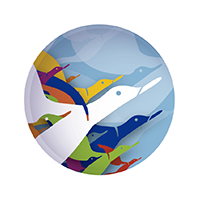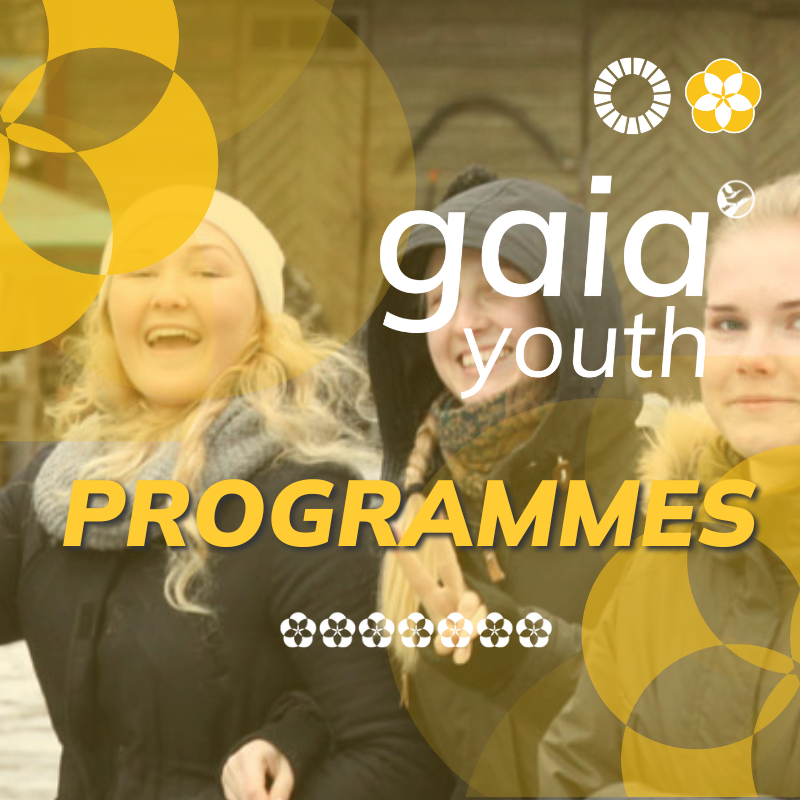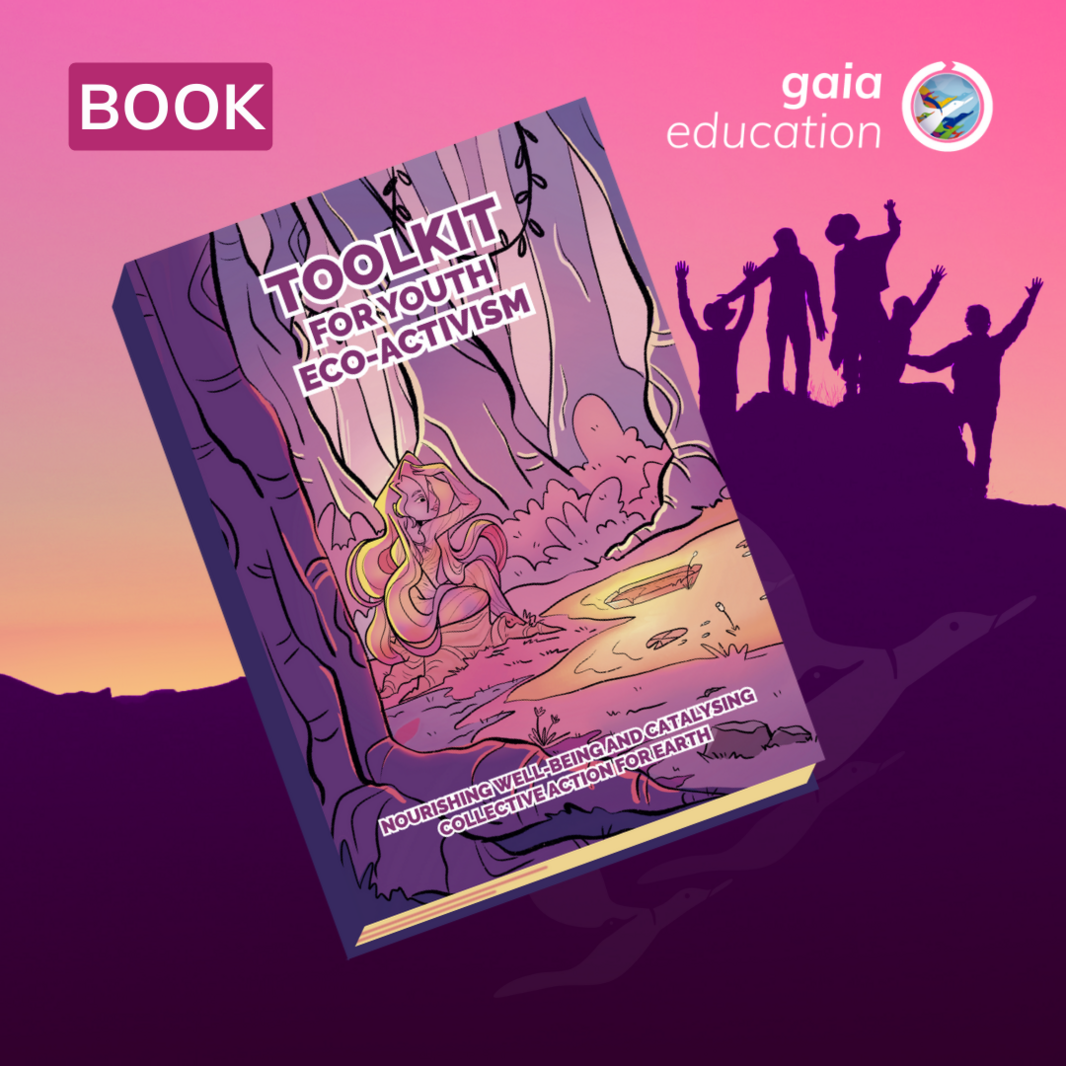GAIA YOUTH | GAIA IN SCHOOLS | UNIVERSITIES | PROGRAMMES | TOOLS LIBRARY
Gaia Youth International Network
The 1.8 billion young people around the world are fast becoming a dynamic, brave, informed, and globally-connected engine for change.
As the world hurtles into an unprecedented convergence of multiple crises, it is vital that young people are supported to co-create a future where humans thrive in regenerative cultures, aligned with the wellbeing of the whole planet.
The Gaia Youth movement is about empowering children and young people to actively engage with the complexity of sustainability issues, to lead the Worldview shift needed to cultivate more regenerative human cultures, and to receive the tools to co-create the future they want to see.
In response to this challenge, we have co-developed with our partners across the world 4 main programmes within the Gaia Youth movement.
TOOLKIT FOR YOUTH ECO-ACTIVISM
NOURISH WELL-BEING AND CATALYSING COLLECTIVE ACTION FOR EARTH
Order Printed Edition
(limited)
This toolkit reflects a holistic and transformative pedagogy which draws from a range of learning theories to promote eco-activism. It features many system thinking models and nature connection methods, providing community formation, action-orientated and resilience-building tools for the youth. A narrative format encourages users to progress linearly along six phases of eco-activism, yet there are mechanisms for more experienced activists to navigate the toolkit according to pedagogy type.
Testimonies From Around The World
Find out amazing youth programmes and organisations spread globally
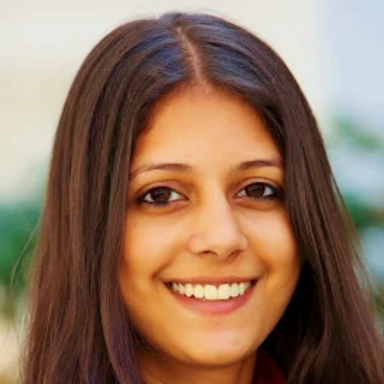
“So the first EDE I organized in 2015 (with flying Ethan Hischtauber in to certify) was held in Pitchandikulam Forest, and organized in collaboration with YouthLink, to engage the young adults in the design process. .... that EDE was quite successful.”
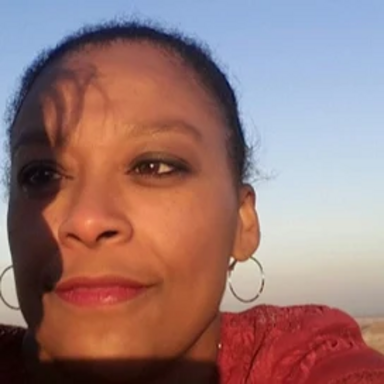
“Our partnership with Gaia Education was a game-changer. We studied many of the ecological programs out there, but Gaia offered us a more holistic overview that fits exactly what we were looking for - a sense of community, a non-violent program and an ecological curriculum based on the four primary dimensions of human experience.”
